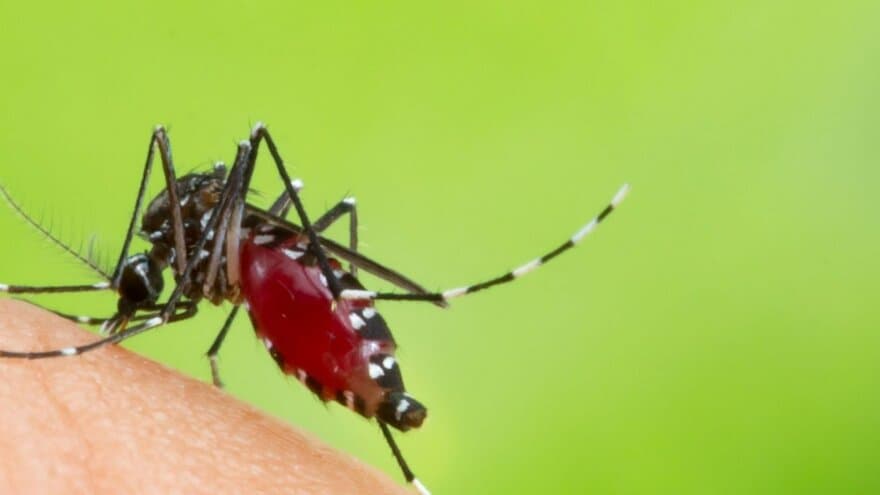About the My-School project
Background
Dengue is the most common and widespread mosquito-borne arboviral disease globally, causing >390 million infections and >20,000 deaths annually. There are no effective vaccines, preventive drugs or treatments. Therefore, current efforts to reduce dengue transmission rely primarily on mosquito vector control. Although most vector control methods used by national dengue control programs may temporarily reduce mosquito populations, there is little evidence that they affect transmission. There is a compelling need for innovative, effective and locally adapted approaches for sustainable vector control and monitoring, to which school children can be particularly relevant contributors. Schools have been engaged in national dengue control programs in several countries and school-based vector control research projects have been associated with better dengue knowledge uptake and contributed to improved school and community-based vector control activities.
Hence, in this project, we aim to involve middle school students and encourage them to become actors in dengue knowledge transfer to their communities and lead the delivery of vector control interventions and monitoring methods. Following this rationale, we believe that students can become pilots of decentralized vector surveillance and agents of sustainable disease control in line with recent new paradigms in integrated vector surveillance and control. This provides an opportunity to operationalize transdisciplinary research towards sustainable health development.
The MY-SCHOOOL project aims to improve knowledge of dengue and vector control in students and their parents by facilitating improved teaching capabilities by training of teachers and optimizing the dengue school curriculum thereby inducing active student involvement in community vector control and monitoring.
Objective
The project aims to improve knowledge of dengue and vector control in students and their parents by inducing active student involvement in community vector control and monitoring and to facilitate improved teaching capabilities by training of teachers and optimizing the general public health curriculum. This will contribute to the long-term project objective to reduce dengue transmission and exposure to dengue risk factors in Myanmar.
Main project objective: Carry out a randomized controlled trial to reduce dengue transmission and risk factors through school- and community-based educational and vector control interventions.
Specific objectives:
- Reduce dengue incidence in schools and communities.
- Reduce dengue risk factors and entomological indices in schools and communities.
- Improve knowledge of dengue, entomology, and vector control in school children and their parents.
- Engage students, teachers and relevant stakeholders in community vector control and monitoring.
- Facilitate improved teaching capabilities, training of teachers, enhancing dengue curriculum.
- Conduct a process evaluation to determine implementation fidelity and adaptation of interventions.
Publications
- A list of publications from the My-School project is available on the Research Council of Norway's project website.
Participants at NMBU
External participants
- Fiona Vande Velde, Ghent University
- Dr Nay Yi Yi Linn, Central Vector Borne Disease Control Unit, Ministry of Health and Sports, Myanmar
- Dr Phyu Phyu Aye, School Health Unit, Vector Borne Disease Control Unit, Yangon Regional Health Department, Ministry of Health and Sports, Myanmar
- Leo Braack, Bangkok office, Malaria Consortium
- Myo Win Tin, Programme Manager, Yangon office, Malaria Consortium
- Richard Maude, Bangkok office, Mahidol-Oxford Tropical Medicine Research Unit/ University of Oxford
- Bruce Wilcox, Global Health Group International
